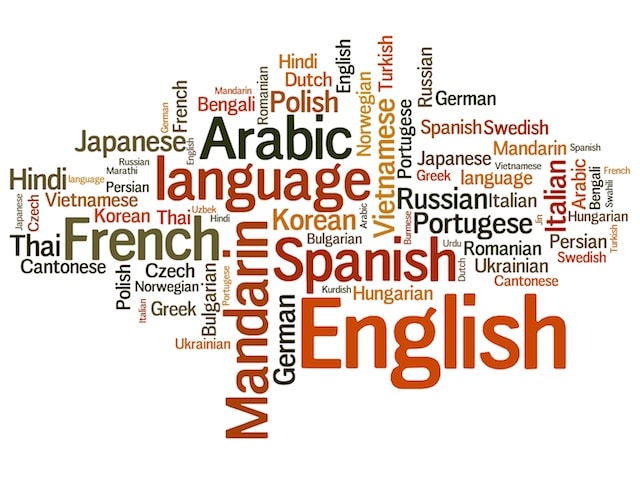The differences between European French (EU French) and Canadian French
First of all, it would be wrong to assume that the French spoken in France are the same spoken around the world. There are 29 independent nations that utilize French as their official language. Behind France and the Democratic Republic of Congo, the third most populous of these French-speaking nations is Canada.
5 Main differences between EU French and Canadian French
How difficult is it for one French-speaker living in Canada to understand a French-speaker living in France Lets take a look.
Accents. A common element of non-universal languages that develop overseas, the French-Canadian language and standard European French, which is known as Metropolitan French, have differing accents and intonations, much like the Portuguese or Spanish languages.
Formality. Although these accents may cause confusion, typically both European French and Canadian French?speakers can understand one another. However, Canadian Frenchcan be much more informal of a language by utilizing idioms, words, cultural references, and expressions unique to French-Canada. Generally, this informal usage is when the confusion occurs for the Metropolitan French speakers.
Grammar. From prepositions to unique Canadian Frenchgrammatical structures, the syntax of these two languages can differ on varying degrees. Informal Canadian Frenchutilizes fewer prepositions and subject-object pronouns can often differ as well.
A, E, I, O, U (and sometimes Y). Canadian French?vowels are spoken with more nasal intonation than Metropolitan French. The speed of the vowel pronunciation can also vary between Metropolitan French and Canadian French. There are suspicions that these variations are connected to the varying pronunciation between British and American English.
Vocab, slang words, etc. Loan words or, words adopted from a foreign language (in this case, English and a variety of other influxes picked up during the settlement of Quebec), are especially prevalent in Canadian French while they are not as prevalent in European French. This also has to do with the French-Canadian tendency to be more informal than European French.
Challenges when translating to or from EU French and Canadian French
Looking at some of the most popular machine translators (For example, Google Translate, Word Lens and Bing Translator) there is only one selection for the French language. Machine translation cannot always understand the context in which a person is translating content. Therefore, the help of human translators is absolutely essential to pick up on these regional differences in EU French and Canadian French.
Not everyone in the world is a translation services professional, contact the expert translators at AML-Global if you would like to translate to and from EU French and Canadian French. American Language Services stands the test of time in providing translation, interpretation, transcription and media services (dubbing, voiceovers & subtitling) to private industry, government at all levels, and educational and non-profit organizations. Our thousands of linguists around the world and teams of dedicated professionals are ready to serve.
Call Us Now: 1-800-951-5020 for further information or a quick quotation for your next project.
See more at: http://alsglobal.net/
























